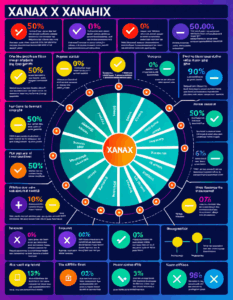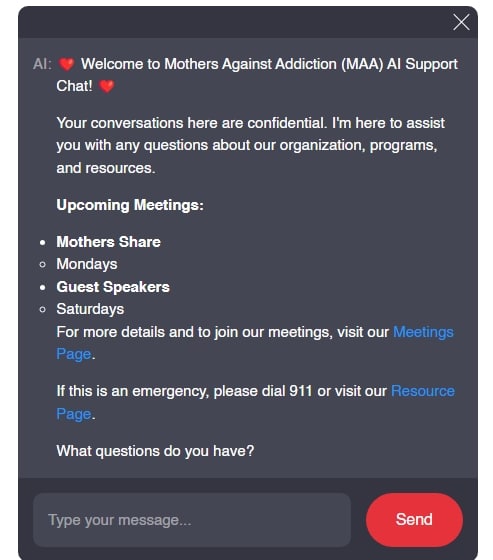Addiction—what is addiction, you might ask? It’s more than just a habit; it’s a complex condition that grips millions of lives. Characterized by compulsive behaviors centered around rewarding stimuli, addiction seeps into various realms of life. It intertwines with mental health, reshaping family dynamics and individual identities. Whether through substance misuse or behavioral issues, addiction casts a long shadow over society today. In this article, we’ll delve into the reality of addiction, dissecting its implications, misunderstandings, and intersections with mental health.
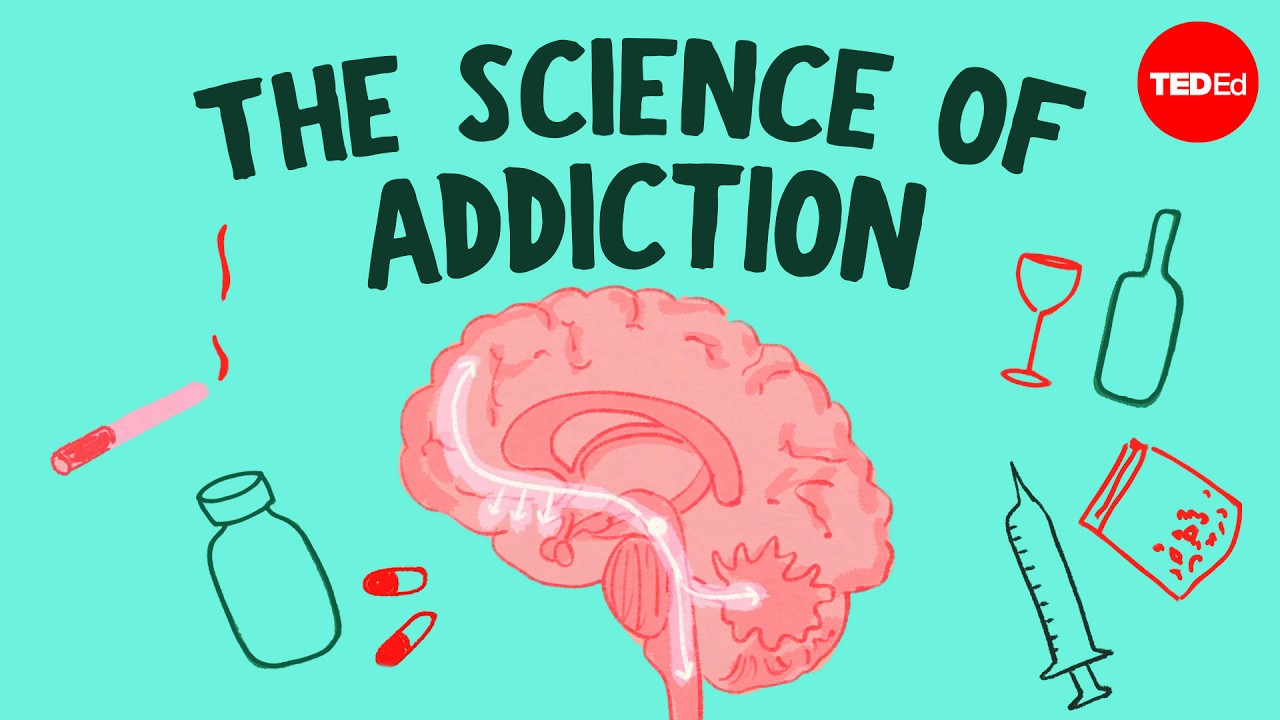
Understanding What Is Addiction: A Comprehensive Overview
At its core, addiction manifests as a chronic disease altering brain chemistry and leading to compulsive behavior despite negative consequences. It can look different from one person to another—perhaps a child struggling with opioid dependency or a loved one sinking deeper into gambling. The diverse forms of addiction affect families from every walk of life, often making the struggle feel isolating. But as Mothers Against Addiction seeks to highlight, no parent should navigate this tumultuous journey alone.
Understanding what is addiction is essential in developing empathy and identifying effective strategies for recovery. Many parents feel helpless as they watch their children wrestle with this illness. However, with the right information and support, navigating these waters can become a collaborative effort towards healing.
When we think of addiction, it’s also crucial to recognize that it doesn’t exist in a vacuum. From friends to communities, addiction impacts an entire support network. As families experience feelings of frustration, loneliness, and sometimes shame, programs like those offered by Mothers Against Addiction provide guidance and solidarity. Together, we can make a difference.

The Top 7 Misconceptions About What Is Addiction
Navigating the world of addiction is often clouded by misconceptions. These myths not only show a lack of understanding but also hinder effective support. Let’s debunk seven significant misconceptions surrounding this complex disease:
Many people think addiction sufferers just lack willpower. Yet, addiction changes brain chemistry, similar to chronic diseases like diabetes. Notable cases, like that of Philip Seymour Hoffman, illustrate how even the strongest individuals can succumb to addiction.
While many view addiction as strictly related to drug use, behavioral addictions—like compulsive gaming—can be equally debilitating. Kevin Chamberlin’s story as a dedicated actor grappling with gaming addiction reveals the broad spectrum of addictive behaviors.
This harmful belief overlooks the psychological complexities behind addiction. Celebrities, such as Chris Bosh, have shared their experiences, emphasizing that stopping isn’t as simple as mere willpower; it requires comprehensive support and mental health awareness.
Families and communities bear the brunt of addiction—think about towns struck by the opioid epidemic, like Huntington, West Virginia. Here, entire communities struggle as they witness the devastating effects.
Recovery is not one-size-fits-all. Some like medication-assisted treatment (MAT) effectively address opioid dependence, while cognitive behavioral therapy (CBT) may fall short for co-occurring disorders, such as depression.
This damaging stigma serves only to fuel shame and silence. When addiction is viewed through a compassionate lens, as illustrated by Demi Lovato’s journey, acceptance and support bloom, paving the way for true recovery.
Recovery isn’t always straightforward; it’s filled with ups and downs. Celebrities like Robert Downey Jr. provide real-world examples of how several steps forward can lead to setbacks before achieving lasting sobriety.
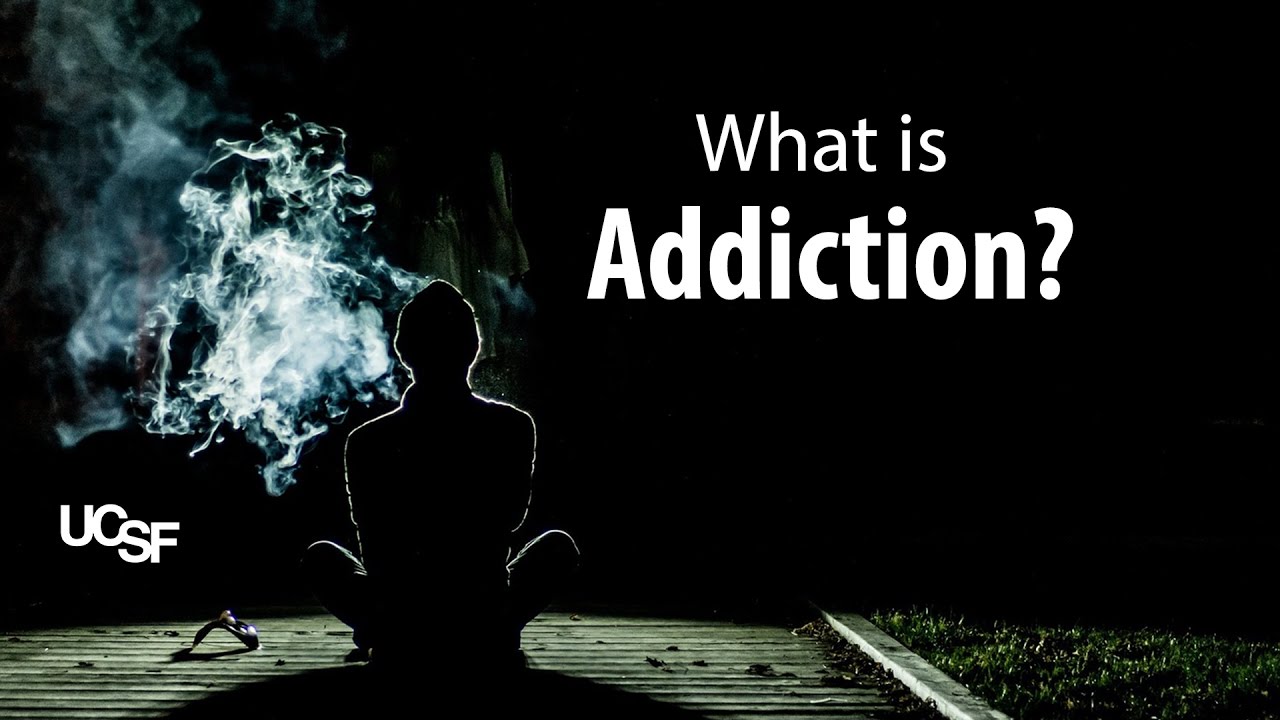
Intersections of Mental Health: What Is Health Related to Addiction?
The relationship between addiction and mental health is a pivotal piece of the puzzle. Many individuals wrestle with mental health disorders alongside their addiction, complicating their journey to recovery. Understanding what is health, especially in this context, emphasizes the necessity of integrated treatment.
Individuals with bipolar disorder often find themselves using substances as a way to self-soothe the intense mood swings. Carrie Fisher’s experiences shed light on this connection, showcasing the urgent need for holistic treatment options.
The linkage is troubling: research shows many struggling with depression also encounter substance use disorders. According to the National Institute on Drug Abuse, those with major depressive disorder face an elevated risk of developing addictive behaviors.
Schizophrenia can lead individuals to use drugs in an attempt to alleviate distress caused by hallucinations or delusions. Solutions that embrace both addiction and mental health, like those provided by the National Alliance on Mental Illness (NAMI), are essential in addressing these intertwined challenges.
Anxiety disorders can push some individuals toward substances as coping mechanisms. Many turned to alcohol more during the pandemic, showcasing how society at large faced rising addiction rates in times of stress.

What Is Trauma and How Does It Fuel Addiction?
Trauma can pull the rug out from under anyone, and it’s a vital component in understanding addiction. The Adverse Childhood Experiences (ACE) study highlights a clear correlation: individuals burdened with traumatic backgrounds face a much higher risk of developing substance use disorders later in life. So, what is trauma? It is often an emotional response to distressing events, profoundly shaping an individual’s mental well-being and subsequent behaviors.
Organizations emphasizing trauma-informed care recognize healing through understanding rather than blame. For instance, the Trauma Recovery Center offers resources for individuals who have turned to substances in the aftermath of trauma. Utilizing a compassionate perspective can open doors to recovery—support that should be readily available.
Parents, seeking to help their children navigate trauma’s daunting effects, may feel powerless. But educating themselves on these connections empowers both the parent and child, illustrating that they can face this challenge together.
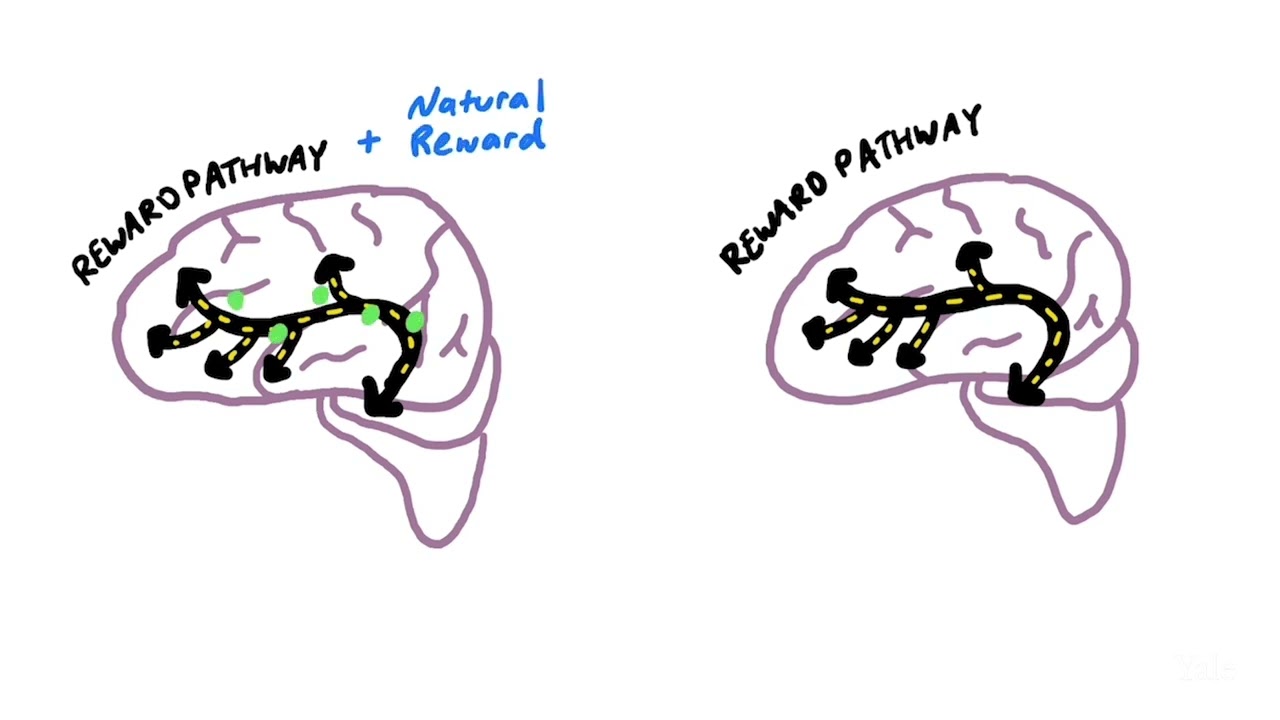
What Is a Smart Goal in Addressing Addiction?
Setting realistic targets can pave a clearer path towards recovery. So, what is a smart goal? It’s about creating manageable, specific, measurable, achievable, relevant, and time-bound goals. For example, rather than outright quitting alcohol, one could aim to decrease intake gradually each month—feasible steps that lead to lasting change.
Incorporating SMART goals into treatment plans effectively supports achievable recovery milestones. Recognizing and celebrating these small victories can nurture positive behavior changes and encourage progress along this difficult road to recovery.
Moving Forward: The Future of Addiction Recovery
As we step into 2026, the landscape surrounding addiction continues to evolve. Convincing efforts to enhance preventive education, embrace addiction as a health issue, and champion humane, understanding treatment options are essential. The push to destigmatize addiction, adopt trauma-informed strategies, and nurture supportive communities can yield healthier outcomes for those impacted.
Recognizing the intricate nature of addiction can transform how we approach those struggling. By fostering understanding over judgment, we can all play a part in shaping a supportive environment for recovery, allowing individuals and families to heal and thrive. Together with organizations like Mothers Against Addiction, we can create a foundation for a brighter future. Remember, no one should have to navigate this alone.
For more information on recovery resources and insights on addiction, visit Mothers Against Addiction. Together, we can combat this epidemic with compassion and understanding, empowering those we love to reclaim their lives.
What Is Addiction?
Addiction is often described as a chronic, relapsing disorder characterized by compulsive drug seeking, use, and harmful consequences. But did you know that the first recorded cases of addiction date back thousands of years? Ancient civilizations grappled with substances like opium and alcohol, showing that this issue has lingered throughout history. Today, understanding what is addiction involves a mix of biology and behavior, intertwining with aspects of mental health and environmental influences. Just like how the Ghostbuster cast( came together for a purpose, individuals battling addiction must often rally support from their community to fight their battles.
The Brain and Addiction
When we dive deeper into answering the question, what is addiction, it’s essential to highlight its impact on the brain. Substances like alcohol and drugs trigger the release of chemicals such as dopamine, often described as the brain’s “feel-good” neurotransmitter. But what goes up must come down—over time, the brain becomes reliant on these substances, leading to a vicious cycle of dependency. This cycle often leads people to seek professional help, an avenue well-populated by resources like the Community Care va.( Furthermore, some people may find themselves pulling a Kevin Chamberlin, rehearsing for life’s scenes while battling their addiction behind the curtain.
A Broader Perspective on Addiction
While it’s easy to focus on substances like alcohol and drugs, addiction can come in many forms; think gambling or even technology. Isn’t it interesting that society’s perception of addiction has been shifting? For example, the term Percs, referring to Percocet—an opioid—has become part of the common lexicon, illustrating the urgency many feel regarding prescription drug abuse. Addressing what is addiction today also means acknowledging the stigma surrounding it. Individuals in addiction recovery often express how societal views can affect their journey. To help combat this stigma, organizations educate communities about the signs and dangers of addiction, much like enthusiasts discuss the Bears trade( in sports, illustrating that open conversations can promote understanding.
So, what is addiction really? At its core, it’s a multifaceted issue derived from a mix of genetic, environmental, and psychological factors. Equally important, addressing this issue involves creating supportive networks, educational resources, and understanding. As we navigate this terrain together, remember that knowledge is power—like knowing your Sagittarius sign( or the unique struggles some face within their journeys. Each answer leads us closer to breaking down the wall of stigma and fostering healing.





